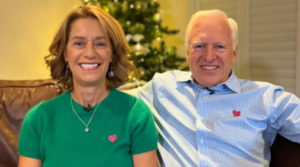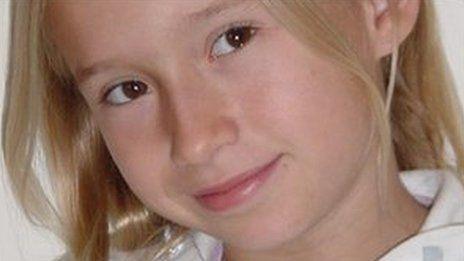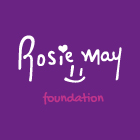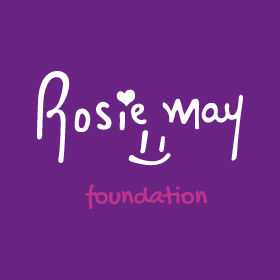
A couple have been reliving the astonishing moment they learned a palm tree planted in memory of their daughter the day before the Boxing Day tsunami had survived the disaster.
Mary and Graham Storrie, from Leicestershire, were in Sri Lanka during the festive period in 2004 following the murder of 10-year-old Rosie May the previous year.
“After the tsunami, we went to look for it, thinking it would be destroyed,” said Mary. “We found it and there it was and it stood absolutely perfectly untouched, with debris swirling around it.”
The moment inspired the couple to raise money for children affected by the disaster through a foundation set up in Rosie May’s name.
The tsunami, caused by a 9.1 magnitude quake off the coast of Indonesia, devastated communities around the Indian Ocean and killed about 230,000 people.
“It was the year after Rosie May was murdered,” said Graham, from Bottesford. “We wanted to get away because it all happened at Christmas – we didn’t want to spend Christmas at home.”
‘Surge of water’
Mary explained they were standing on the shore of an island just off Sri Lanka’s coast waiting to get on to a dive boat, when the tsunami hit.
“The dive boat started rocking really violently and it didn’t seem right,” she said.
“Then before we knew it, a surge of water came in.”
She said their diving instructor had never seen anything like it before.
“After the first wave, the sea just retracted so much that where we’d been learning to dive, suddenly all that seabed was exposed,” she said.
“And then it came back in a bigger surge and that’s when it snapped the legs off bungalows and smashed the glass in and everything.”

The Rosie May Foundation has supported more than 3,000 children in the UK and abroad since it was established 20 years ago
Graham said the disaster helped them decide how to use donations they had been sent since Rosie May died.
“We saw the devastation that had happened because we were on one of the first rescue flights home,” he said.
“We saw all the children that were orphaned from the tsunami and we just felt this is where we’ve got to start putting the money to help.”
The foundation initially set up a place to feed children, which became The Rosie May Home for girls orphaned by the tsunami.
Mary described this as their “flagship project” in an area of “utter devastation”.
“I think, we kind of resonated with the loss and grief of the people there,” she said.
“We felt that connection. And so that was, for us, the right path to go down.
“Those girls now are in their 20s. We’ve got girls in nurse training. We’ve got girls at university, girls doing tailoring, all kinds of occupations and professions.
“We’re really proud of them. We had 55 girls go through the Rosie May Home.”
The couple say they still stay in touch with all of the girls via WhatsApp, and they have had the privilege of seeing them grow up.



